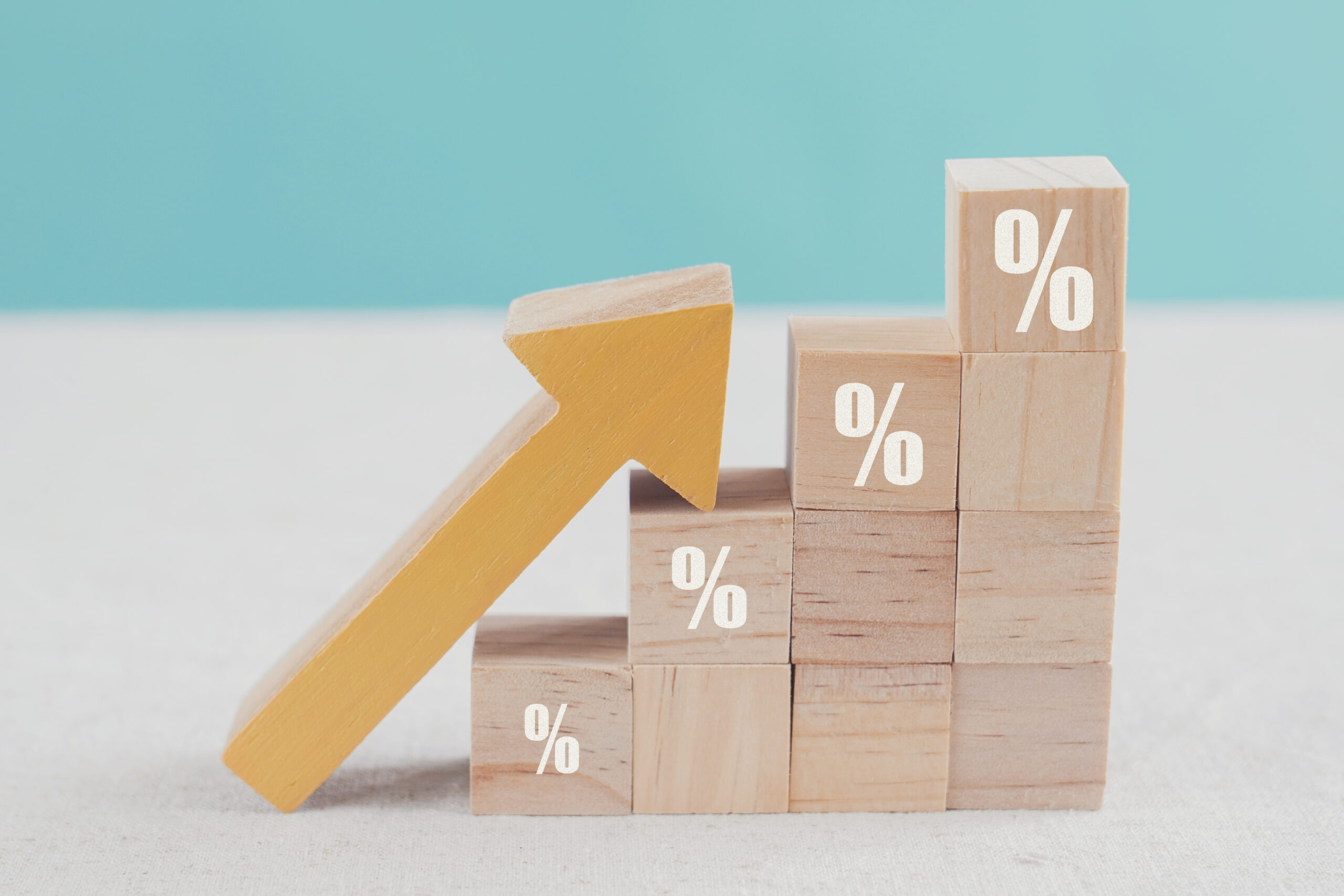Entrepreneurs’ Relief is Dead Long Live Business Asset Disposal Relief !
During 2020 Entrepreneurs relief was renamed Business Asset Disposal Relief (BADR). However, many business owners still refer to the provision by that name and for that reason may not be aware of the significant changes announced by Rachel Reeves in October 2024
The current 10% rate formerly applied to Entrepreneurs Relief and also to its’ successor BADR will increase to 14% starting April 6, 2025, and further to 18% from April 6, 2026
This is a newly increased tax levied on business owners and shareholders who sell some or all of their shares. For years what was known as Entrepreneurs Relief was fixed at a low 10% on the first million pounds of gain. This valuable tax break can substantially reduce the amount of Capital Gains Tax (CGT) you pay when selling your business. However, with changes on the horizon—including a tax increase from April 2025 and another in 2026—business owners and shareholders looking to exit should carefully consider their options. This article will outline the current rules, upcoming changes, and why acting before 2026 could be a wise move.
Business Asset Disposal Relief – What’s Changing and Why Some Businesses And Shareholders Might Be Wise to Act Before 2026
What is Business Asset Disposal Relief (BADR)?
BADR is a tax relief designed to incentivise entrepreneurship by reducing the Capital Gains Tax payable when selling a business. If you qualify, historically you will have paid a reduced CGT rate of 10% on eligible business disposals, rather than the rate for higher-rate taxpayers.
The relief applies to the first £1 million of lifetime gains, meaning that if you sell your business for a gain of up to £1 million, the tax you owe could be significantly reduced. However, anything above the £1 million threshold is taxed at the standard CGT rate.
The Current Rules (Before 6th April 2025)
Under the current system, BADR applies if:
You are a sole trader or business partner selling all or part of your business.
You have owned the business (or the shares in the company) for at least two years before selling.
You own at least 5% of the company’s shares and voting rights if selling shares in a trading company.
These conditions have allowed many SME owners to benefit from the lower 10% CGT rate when they eventually sold their shares or their business.
What’s Changing and When?
This number increases to 14% on 6th April 2025 just a few days’ time AND with a sting in its already barbed tail increases again to 18% in April 2026
How Much More Tax Could You Pay?
Let’s consider an example:
If you sold shares for £1million in 2024 you paid tax of just 10% or £100,000.
If you sold your business or shares before 6th April 2025, you will have paid £140,000
If you sell your business after 6th April 2026, you will be taxed £180,000
Waiting till after April 2026 means £40,000 straight from your pocket into Rachel Reeves purse!
If your business sold for a gain of £2million and you and your spouse jointly own 50% each of the shares, that’s £80,000 straight into Reeves’ purse.
Should You Sell Before April 2026?
If you are already considering an exit, selling before April 2026 could save you a substantial amount in CGT. However, deciding to sell is not just about tax—it also depends on factors like business valuation, market conditions, and personal readiness.
Here are a few considerations:
Tax Savings:If your business sale or sale of shares would benefit from the £1 million BADR threshold, acting before the changes take effect could result in significant savings.
Market Conditions:Business valuations fluctuate based on economic conditions, so exiting at a strong valuation is crucial.
Personal Readiness:Are you financially and emotionally ready to exit? Selling for tax reasons alone may not be wise if other factors aren’t aligned.
Buyer Availability:It can typically take 9-12 months to secure the right buyer, so starting the process early is key if you want to complete the sale before April 2026.
To explore your options and the viability of selling your business needs empathic, professional and experienced advice. To check out a totally free business saleability evaluation on should you sell and can you sell before April 2026 click here
Final Thoughts
The upcoming changes to BADR in April 2026 will significantly increase the tax burden on business sales above £1 million. If you’re planning to sell your business in the near future, it may be worth accelerating your timeline to take advantage of the current, more favourable tax rates.
However, tax should never be the only factor in deciding when to sell. To ensure you make the best decision based on your business’s value, personal goals, and broader financial strategy; take advantage of a totally free business saleability evaluation looking in detail at should you sell and can you sell before April 2026 click here
If you have questions about how these changes might impact you, now is the time to start planning. The clock is ticking, and early preparation could mean substantial savings when you finally decide to exit your business.
The Business Owners Digest by Kingsbrook
This thought leadership article is produced by David Oliver and the team at Kingsbrook specialising in exit plans and business sale for SME business owners.
If you are thinking of selling your business and would like to explore your options with Kingsbrook, please get in touch, either by email at info@kingsbrook.co.uk or call us at 01635 736741.




